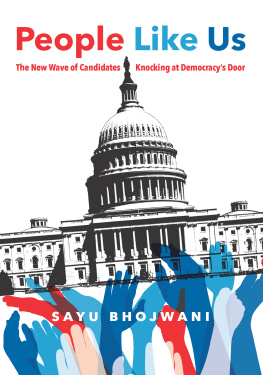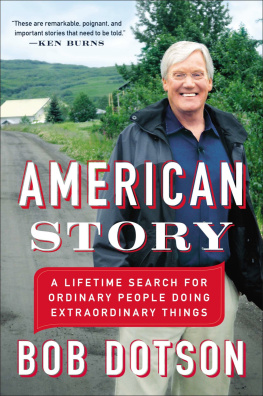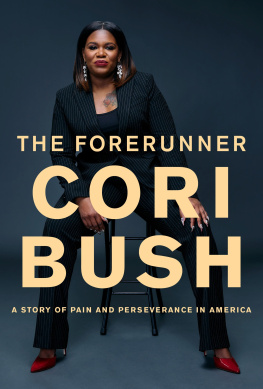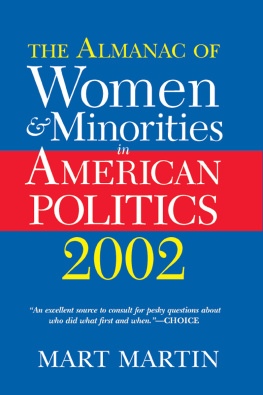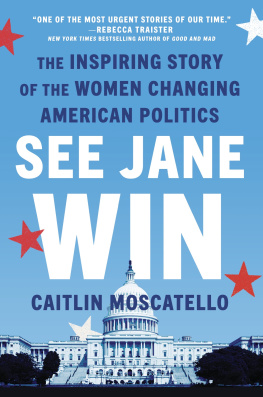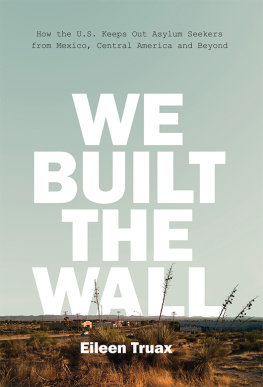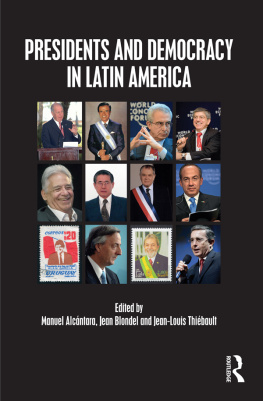Contents
Page List
Guide

PEOPLE LIKE US
PEOPLE LIKE US
The New Wave of Candidates Knocking at Democracys Door
Sayu Bhojwani

2018 by Sayu Bhojwani
All rights reserved.
No part of this book may be reproduced, in any form, without written permission from the publisher.
Requests for permission to reproduce selections from this book should be mailed to: Permissions Department, The New Press, 120 Wall Street, 31st floor, New York, NY 10005.
Published in the United States by The New Press, New York, 2018
Distributed by Two Rivers Distribution
ISBN 978-1-62097-414-8 (hc)
ISBN 978-1-62097-415-5 (ebook)
CIP data is available
The New Press publishes books that promote and enrich public discussion and understanding of the issues vital to our democracy and to a more equitable world. These books are made possible by the enthusiasm of our readers; the support of a committed group of donors, large and small; the collaboration of our many partners in the independent media and the not-for-profit sector; booksellers, who often hand-sell New Press books; librarians; and above all by our authors.
www.thenewpress.com
Composition by Dix!
This book was set in Bembo
Printed in the United States of America
10 9 8 7 6 5 4 3 2 1
To my immigrant families
For democracy is never a final achievement. It is a call to effort, to sacrifice
John F. Kennedy, 1963
America at its best is a place where people from a multitude of backgrounds work together to safeguard the rights and enrich the lives of all.
Madeleine Albright, 2018
CONTENTS
INTRODUCTION
The founding fathers may have envisioned a representative democracy by the people, for the people, and of the people, but the people like us after whom this book is named are not who these early leaders had in mind. By our founders standards, American democracy is working as planned, serving the needs of the wealthy and well-connected. But by everyone elses standards, American democracy is broken. Those elected to represent us regularly fail to fight for our interests because they often do not reflect the countrys demographics or breadth of experiences. To correct this course, we must foster a democracy that is built on our countrys original ideals of freedom and justice, one that is more inclusive and representative of people like us.
When we look at demographics in the United States, visit schools and workplaces, or attend religious services, we see an incredibly diverse America. Whites are 63 percent of the countrys population, Latinx 16 percent, African Americans 13 percent, and Asian Americans 5 percent; the other 3 percent identify as mixed race or other.
Beyond Congress, the numbers are not much better. White men currently make up only 31 percent of the population but hold 65 percent of the elected positions in state and local governments. This representation gapbetween who Americans are and who our leaders areis not coincidental. Instead, it is an intentional product of history and systemic white supremacy.
Despite this gap, Americas foundational vision remains inspiring, particularly to immigrants and refugees. Either new to democracy or newly positioned to engage in democratic institutions after they become citizens, they are particularly optimistic about our founding principles even when their experiences run counter to the ideals. Drawn to the promise of America, they have crossed sometimes arbitrary borders from the south and north, or journeyed across oceans to seek better opportunities.
This promise of America has helped make immigrants the key driver of population growth for the past fifty years and will do so for the next fifty.
Long before the 2016 election, immigrants participated in public and political life. Even if they were not eligible voters, immigrants who belonged to unions engaged in protests and called elected officials; others, active members of community organizations, conducted voter registration drives, promoted voter education activities, led petition or ballot referendum drives, and testified at hearings in Congress, city councils, or school boards about the impact of policy. But the Trump administrations policies have injected immigrant communities with an unparalleled fervor for political action. The silver lining to this dramatic change in the Oval Office is that citizen activism by new Americans has grown, with more of them taking to the streets, challenging elected officials, and raising fundsin greater numbers and with more visibility. Young people, women of color, and immigrants have been at the forefront of every social movement of the last decadeand the early months of the Trump administration have made this trend even more pronounced.
In this book, I tell stories of these newly energized Americans: immigrants or refugees themselves, the children of immigrants and refugees, and those from long-standing immigrant communities who continue to be seen as outsiders or foreigners. I assert by these examples that new Americans are well positioned to lead the fight for a just democracy. They have struggled to get and stay here, navigating complex bureaucracies and long waits for formal citizenship. Some have crossed dangerous borders, risking their own or their childrens lives. For others, the United States was their final destination following stays in refugee camps in one or more countries. Each of these journeys has involved struggle, aspects of which may be less familiar to some native-born Americans.
Just like Americas founding fathers who fought for an America independent of Britain, these new Americans are the strongest champions of democracy. Their commitment to and enthusiasm for America is a highly underutilized resource, and in People Like Us, I offer ways to leverage this resource more effectively to transform and invigorate our democracy.
To do so requires addressing the systemic obstacles that make it difficult for people of color, immigrants, and women to seek out and secure elected positions. The most pervasive obstacles for newcomers include the influence of money in politics, the lack of term limits, discriminatory redistricting, political gatekeeping, and the high financial cost of public life. Navigating these obstacles requires luck and perseverance, as the stories in this book will show. By benefiting from public financing of some elections, running for office in newly drawn districts, doggedly pursuing office even without the blessing of gatekeepers, and juggling their roles in public office with part-time or consulting work, Americans from a wider range of diverse racial, ethnic, and religious backgrounds than ever before are getting elected to, and serving in, city councils and state legislatures.
For valid reasons, politics is associated with a high price tag, from the cost of running for office to corporate contributions designed to win influence. Most Americansin fact, 66 percentthink money has too much influence on campaigns, and this is not just conjecture.
Not all of these contributions can be attributed easily to an individual or organization. The Citizens United decision by the U.S. Supreme Court in 2010 ruled that political spending is a form of protected speech under the First Amendment, and the government may not keep corporations or unions from spending money to support or denounce individual candidates in elections, allowing for unrestricted spending by corporations and other organized entities. Corporations have taken advantage of this relatively new policy, giving unlimitedand often difficult to tracedonations to certain candidates, tacitly encouraging them to support policies that are favorable to corporate interests, potentially at the expense of their constituents. Unions and nonprofit groups with competing interests could now support different candidates and vie to outspend each other in an effort to help their candidates, without the candidates knowledge. This type of uncoordinated expenditure has grown on both sides of the aisle since 2010.

